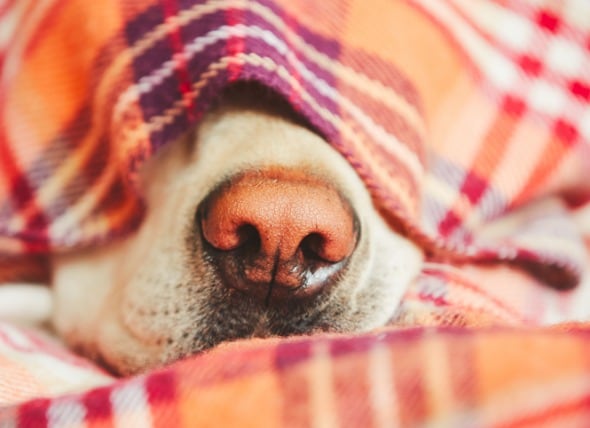It s hard to say exactly why it could be the environment or it could be what they ve been up to recently.
Dog snow nose treatment.
Most likely what your dog is experiencing is something called winter nose or snow nose and it affects many breeds including labradors some northern breeds and even smaller dogs like.
Happily nasal cancer is rare.
This condition is known as winter nose or snow nose and it is common in light coated dogs although any breed can be affected.
Other irritants include chemicals.
It often starts with either small pink spots appearing across the nose or a thin pink strip becoming visible in the middle of the nose.
The decrease in pigmentation of the nose changes the colour of the nose from black to pink.
Oral therapy has a low success rate because the drugs struggle to reach a high enough concentration in the nose to be effective.
Prolonged contact can cause chemical burns and they can make your dog sick if ingested by licking.
Plain and simple the dry winter air mixed with wet snow can cause your dog s paws and nose to get chapped.
This makes nasal flushes with antifungals the dog s best chance of recovery.
Normal colour returns as summer approaches snow nose occurs mainly in light coated breeds.
Contact with an irritant.
The name comes from the old thought process that this only occurs during the winter months when there is snow.
Snow nose or winter nose is a temporary usually loss of pigment in the nose of a dog.
For most dogs the nose fade during the cold season of the winter.
Left unchecked the fungi can destroy the bony scrolls inside the nose.
However the color will return back to normal color during summer spring or when the cold season ends.
Technically called hypopigmentation or snow nose winter nose it results from loss of sunlight and causes the nose to fade to brown in winter.
Snow nose occurs when a dog s nose lightens from a dark color to pink or brown.
In the winter watch out for products that melt snow and ice.
If your dog s nose turns from its usual dark color to pink or brown specifically during the winter your dog may have what is commonly referred to as dog snow nose or winter nose the condition which is called hypopigmentation typically causes a dog s nose to lighten in color normally to a pink or light brown.
The colour change can become permanent in older dogs.
Despite the name though it is now known that dogs that aren t exposed to cold temperatures can also develop this nasal color change.

